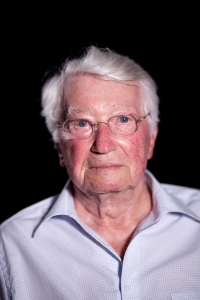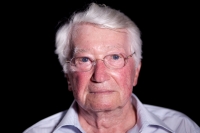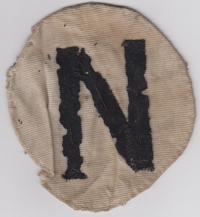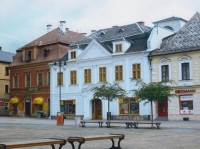Let’s try to learn from the mistakes of the war and post-war years
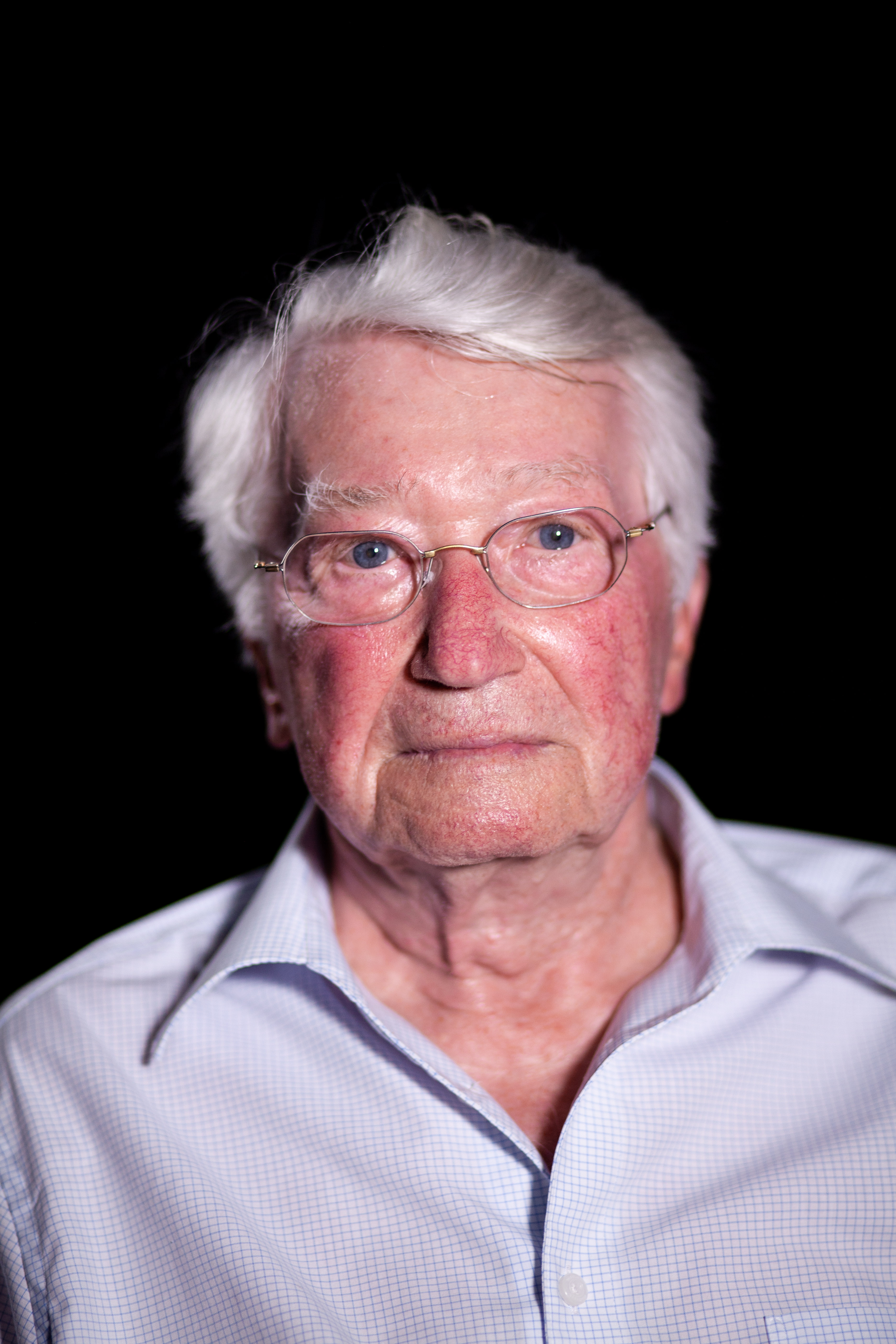
Download image
Walter Pilz was born on 12 June 1932, in the then almost entirely German town of Bruntál. His parents operated the family grocery store and also had one daughter. Nobody in the family spoke Czech. Their father Adolf fought in the Austrian army during the First World War and was a member of the Sudeten German Party. In 1938 he was also briefly imprisoned by the Czechoslovak authorities (similarly after the war). His grandparents on his mother’s side got in trouble with the policy of the Third Reich and were arrested by the Gestapo in 1944, which only the grandmother survived. She subsequently stayed in the Bruntál flat with Walter, his mother and sister, until their expulsion on 11 July 1945. As part of the so-called wild expulsion, they were transported by train to the Soviet occupation zone of Germany, where they settled at their uncle’s in the town of Mücheln (Saxony-Anhalt). After graduating from grammar school, Walter started his university studies in physics and mathematics at the university in Halle. In 1952, he left for Munich in Bavaria as part of the “family reunification” process, completing his physics studies and settling down permanently. He married his wife Astrid, a German expelled from Ústí nad Labem, and they have one daughter together. He began visiting his childhood Bruntál in the 70s. He likes to visit his old homeland to show his grandchildren, but he’s never been inside the house of his birth. He still keeps the original keys.
